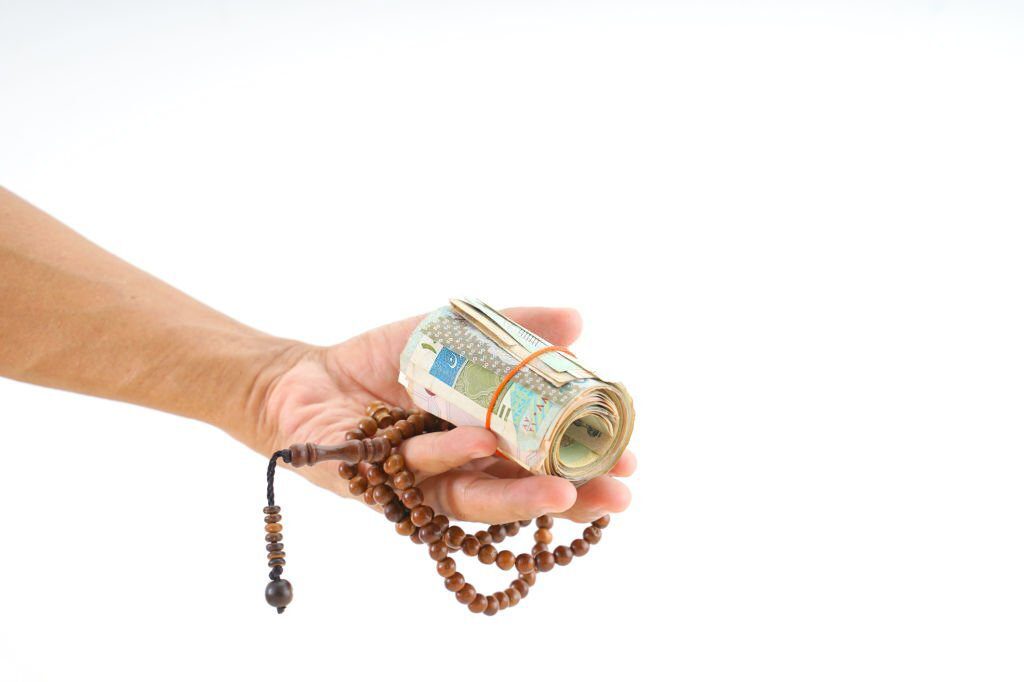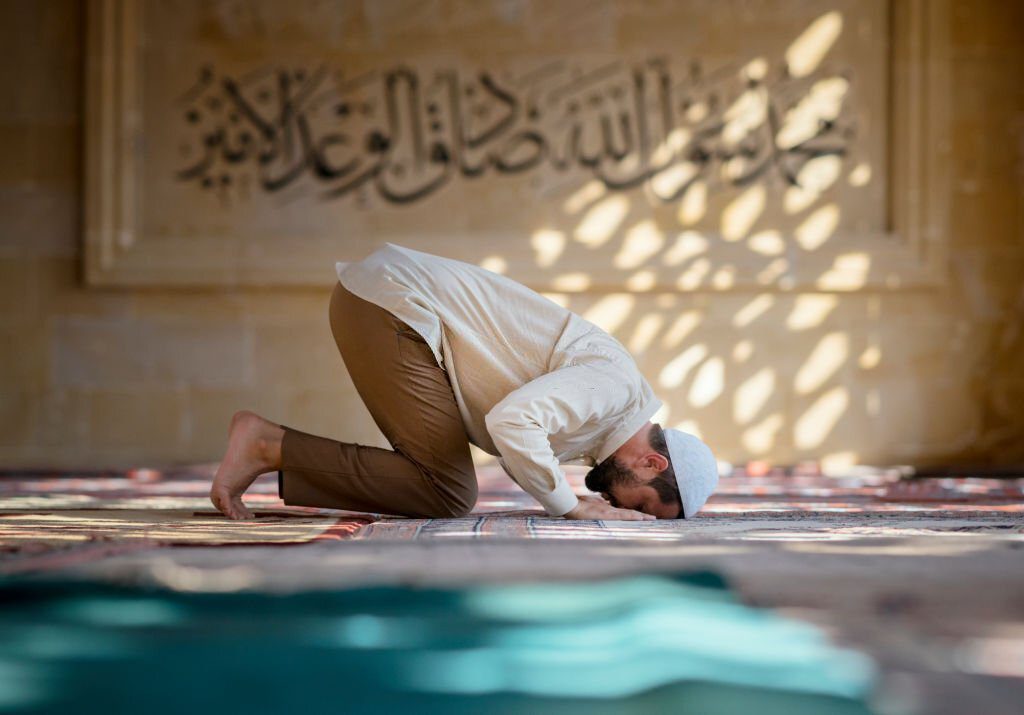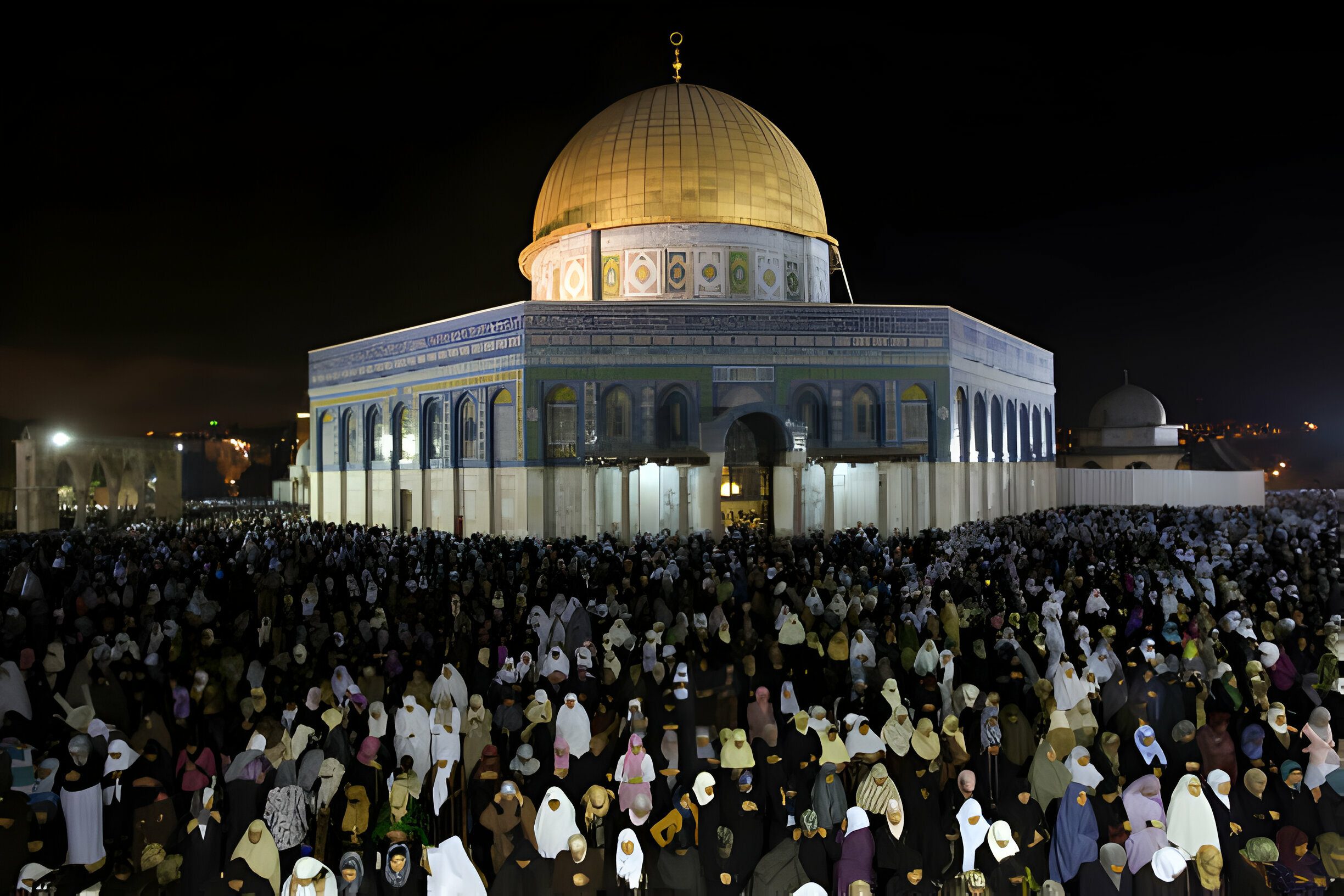Zakat, often translated as “alms” or “poor-due,” is an obligatory act of charity in Islam, constituting one of the Five Pillars of the faith. The practice of Zakat has deep roots in the Quran and the teachings of the Prophet Muhammad, serving as a crucial mechanism for wealth redistribution and the promotion of social justice. This article provides a comprehensive analysis of Zakat, its historical context, its function as a religious obligation, and its contemporary application.
A Quranic Command to Give Zakat
During the Prophethood of Muhammad (Peace Be upon Him) that Zakat became a central tenet of the Islamic faith. The Quran frequently emphasizes the importance of Zakat, often linking it with the act of prayer (Salah) as a core religious obligation.
Theological Underpinnings
Zakat serves multiple purposes within the Islamic faith. As a form of worship, it fosters spiritual growth by encouraging believers to detach from material possessions and prioritize the needs of others. Zakat also functions as a means of social welfare, ensuring the basic needs of the poor and destitute are met. Lastly, Zakat seeks to promote social cohesion and solidarity among Muslims by encouraging empathy and compassion for those in need.
Calculation and Distribution
Zakat is calculated based on an individual’s net worth, with a minimum threshold (Nisab) established to ensure only those with sufficient means are obligated to pay. The rate of Zakat varies depending on the type of wealth, but it is set at the minimum of 2.5% of one’s total assets, excluding basic necessities. The Quran identifies eight categories of recipients eligible to receive Zakat, including the poor, the needy, debtors, and travelers, among others.
Zakat Details
Zakat has been mentioned in the Holy Quran over eighty times and refers to the obligation that Muslims exceeding the wealth of Nisaab must donate a certain proportion of their wealth to charity every year. Below are all your Zakat questions answered:
Who should pay Zakat?
Zakat is a duty on every Muslim, who is of sound mind and has wealth exceeding the value of Nisaab. Zakat is obligatory on every Muslim, who is above the age of puberty, regardless of their gender. You must possess your wealth for a year and 2.5% of it should be given as Zakat to certain categories of people.
What is Nisaab?
Nisaab refers to the minimum amount of wealth one needs to have in possession for a period of one lunar year to qualify for Zakat. The Nisaab value is equivalent to 625g of silver or 87.5g of gold.
Who receives Zakat?
As stated in the Noble Quran, there are eight categories of people who are eligible to receive Zakat. They are:
- The poor
- The needy
- Those in debt
- Travelers
- Those in the cause of Allah SWT
- Slaves/ those held in captivity
- Those who hearts are to be reconciled
- Zakat administrators
What items is Zakat compulsory on?
There are certain items on which Zakat is ordained. These are:
- Gold and silver- this can be in the form of ornaments or jewelry and needs to be equivalent to the value of Nisaab.
- Cash held at home or at the bank.
- Property owned for investment purposes.
Stocks and shares owned directly or through investment funds. - Pensions
- Money lent to others.
Agricultural produce - Business stock in trade or in merchandise
When should I pay Zakat?
Zakat only becomes obligatory on a Muslim who has their qualifying wealth in possession for a period of 12 months. The time required to pay your Zakat may vary from person to person on condition that it is a 12-month lunar period. For example, some people may choose to pay their Zakat in Ramadan while others may choose to pay it at the end of their financial year.
What are the virtues and benefits of paying Zakat?
There are many benefits of paying Zakat. Not only does it protect the poor and needy from hunger and poverty, but also helps to overcome the financial imbalance between the wealthy and poor in society.
Moreover, Zakat al-Fitr which is paid during Ramadan ensures that no poor person goes hungry during the holy month.
خُذْ مِنْ أَمْوَٰلِهِمْ صَدَقَةًۭ تُطَهِّرُهُمْ وَتُزَكِّيهِم بِهَا وَصَلِّ عَلَيْهِمْ ۖ إِنَّ صَلَوٰتَكَ سَكَنٌۭ لَّهُمْ ۗ وَٱللَّهُ سَمِيعٌ عَلِيمٌ
The above Quranic verse shows us that paying Zakat plays a significant role in one’s spiritual upliftment as it cleanses one’s heart against selfishness and greed.
The Prophet (saw) said,
“Whoever gives away charity the size of a date, which is earned lawfully, since Allah only accepts the good lawful things, Allah will indeed take it with His right hand and cause it to grow for its owner, just as one of you raises up his colt, to the point that charity will become the size of a mountain.” [Bukhari]
This authentic hadith shows us that paying Zakat on your wealth does not decrease wealth, but in fact, it increases barakah and rizq for the person who spends for the sake of Allah SWT.
From learning how to value your gold, to making sure you’re paying Zakat on all necessary assets, here is everything you need to know about paying your Zakat this year.
Check the latest value of your gold and silver
You need to pay Zakat on any gold over 87.4 grams and any silver over 612 grams. Most people pay their Zakat in cash, so knowing the price of gold and silver per gram is essential. It is also important to get your assets re-valued as the price of gold keeps fluctuating. You can value your gold/silver in two ways:
- Contact your local jeweler and get a precise figure according to the value of scrap gold.
- Find the universal price for gold and silver online and use our Zakat Calculator to work out the value of your assets. Simply multiply the current price of gold per gram by the total weight of your gold.
Example: Suraya has 100 grams of gold. The value of gold is R816.00 per gram. This means Fatima has R816,000 worth of gold.
2. Check the latest Nisab value to calculate correctly
Nisab refers to the minimum amount of wealth you need to have to qualify to pay Zakat. The figure for Nisab fluctuates every year because it is based on the value of gold and silver.
You can check the latest Nisab values on our online Zakat Calculator .
According to Shariah, silver Nisab should be used to calculate how much Zakat to pay on cash, property, investments, and businesses, as well as any silver jewelry you own. This is because more people will qualify to pay Zakat with silver Nisaab and this consequently results in more poor and needy people benefiting.
Be aware of paying Zakat on precious metals that are encrusted with gold
If you own precious metals like platinum/diamond, and they have gold encrusted in them, then Zakat will be due upon those metals on condition that the gold is more than the metal. In this case, one needs to pay Zakat on the amount of gold that is in the metal.
Be aware of paying Zakat on all eligible assets.
When calculating Zakat, remember to include these assets:
Pensions
Zakat must be paid on the amount of your pension that you have contributed (voluntary contributions) within the year, but not on the portion paid by your employer.
Shares
If you don’t intend to sell the shares, then Zakat is due on dividends you earn from them. However, if you are buying and selling shares, then Zakat is only due on their current market value.
Property
Any property other than your home must be considered for Zakat. If you are in the business of buying and selling properties, Zakat is due on the current resale value of these properties. If you are in the business of letting properties, then Zakat is due on savings made from the rental income only.
Loans
If you have lent anyone money and believe the debt can be recovered on demand, then you need to pay Zakat on it this year. However, if you have doubts about recovering the debt, you don’t need to pay Zakat on it until you actually receive the money. At that point, you will also need to pay Zakat for all the previous years when the debt was outstanding.
Keep record of when you paid your Zakat
Zakat is due on your wealth annually, but most people prefer not to pay one lump sum at the end of the year. Rather, they give Zakat during the course of the year. For example:
Donating towards a cause or emergency appeal
During sacred days to gain extra rewards – for example, in the last ten nights of Ramadan.
In monthly installments, to make the payments more
It is fine to pay Zakat at different times in the year but just remember to keep a record of every time you give Zakat. This way, you can calculate whether you paid the correct Zakat at the end of the year.
Is it permissible to give out Zakat ul-Fitr in money format?
It is permissible to give out one’s zakat ul-fitr in money format, as this is the position of a group of jurists who can be followed in their legal reasoning. It is also one of the opinions of the followers of the companions amongst whom were:
Al-Hasan al-Basri; he said,
“There is nothing wrong in giving out dirhams for your fitr charity.”
Ishaq al-Sabi; he is narrated by Zuhayr as saying,
“I saw people giving out their fitr charity in dirhams worth their foods.”
Umar ibn Abd al-Aziz; he said that the fitr charity is
“half a sa’ for every person or its worth in dirhams.”
This is also the opinion of al-Thawri, Abu Hanifa, and Abu Yusuf.
Giving out one’s fitr charity in money is the opinion of the Hanafi school of jurisprudence and is the opinion used by them in issuing fatwas regarding all zakat issues. This is also the opinion of al-Nasir and al-Muayid Billah from the Zaydi School. This opinion has also been given by Ishaq Ibn Rahiwih and Abu Thawr except that they said it should only be applied in circumstances of necessity.
This is also the opinion of a group of jurists from the Maliki School such as Ibn Habib, Asbagh, Ibn Abi Hazim, Ibn Dinar, and Ibn Wahb which they applied to both the zakat of fitr and the general zakat on money. However, what has been narrated from Ibn Qasim and Ashhab is that this is permissible in charity except in the charity of zakat and expiation of oaths.
Based on this, it is clear that a good portion of jurists are of the view that it is permissible to pay one’s fitr zakat in money format and this was during their medieval context where bartering was common and possible with foodstuffs. In our time, however, what is used to barter is money and therefore the opinion that allows zakat ul-fitr to be paid in money is more appropriate. We could go as far as to say that if the jurists opposing this view lived during our time they would have permitted it.
It is also clear that paying zakat in money format is better for the poor in that they can buy whatever they need on that particular day. It is possible that they are in need of clothes and not a certain foodstuff for example.
The basis upon which zakat ul-fitr is religiously sanctioned is to benefit the poor during that day which all Muslims are to enjoy. The notable scholar Ahmad ibn Siddiq al-Ghumari has written treaties on this issue Tahqiq al-Amal fi Ikhraj Zakat al-Fitr bi al-Mal in which he gave preference to the Hanafi opinion using many text proofs , reaching thirty-two. Therefore, we give preference to the Hanafi opinion maintaining the permissibility of giving out zakat ul-fitr in money format as it is most appropriate to our time.
And God Almighty knows best.
Source: Zakat FAQs






